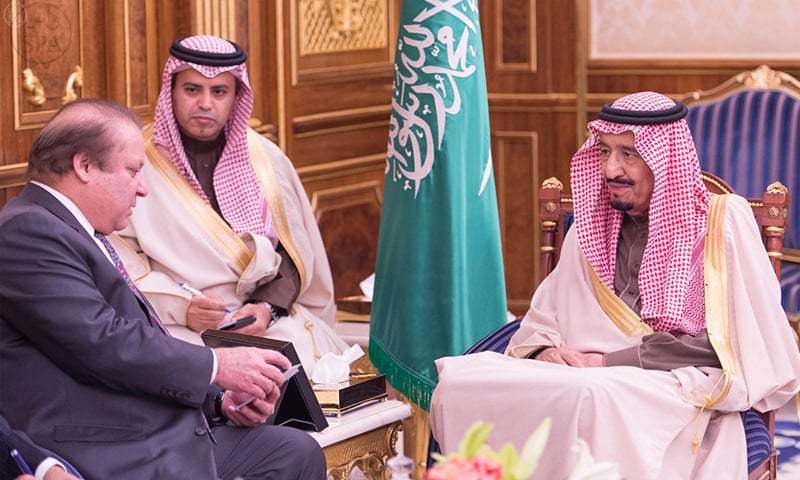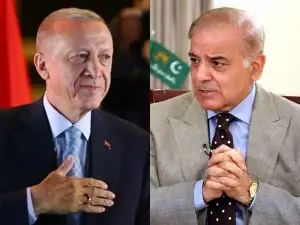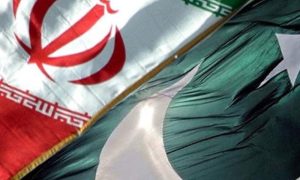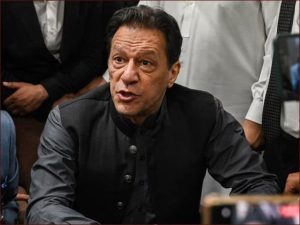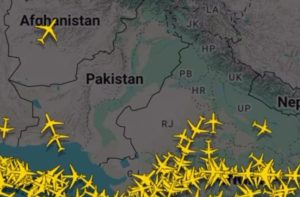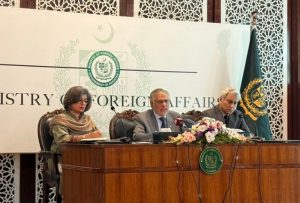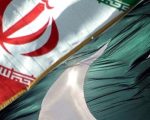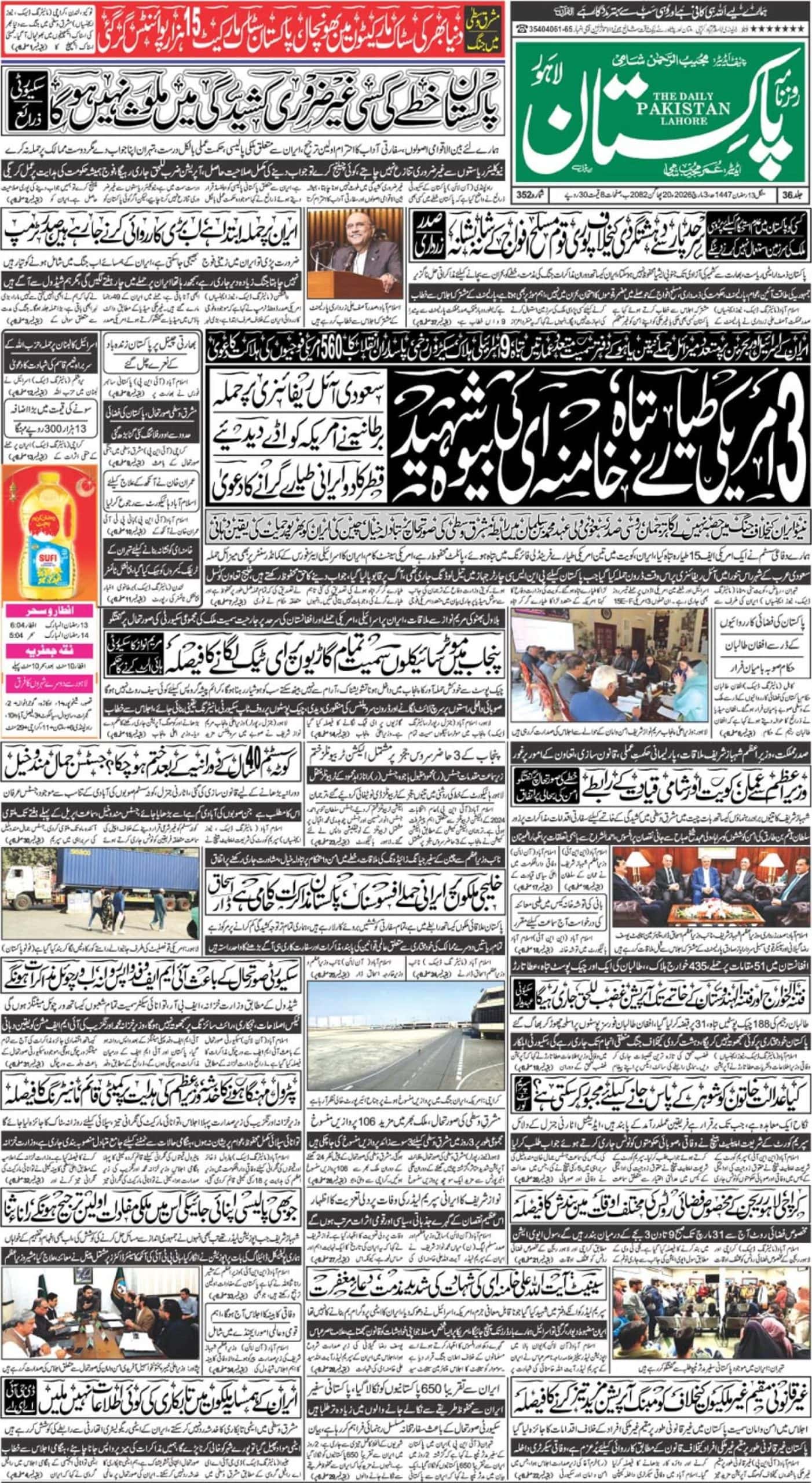ISLAMABAD – Acting Saudi ambassador to Pakistan Marwan bin Radwan Mirdad has clarified that Pakistan was not mediating between Saudi Arabia and Qatar over their diplomatic row.
Talking to newsmen at the Saudi embassy here on Thursday, the Saudi charge d’affaires said Pakistani “prime minister did not say he was mediating”.
The ambassador rejected media reports about the Pakistani mediation efforts to help calm down the diplomatic tension currently prevailing in Middle East.
“Whatsoever is in the media is not correct,” he said.
Marwan said Mr Sharif, while travelling to Saudi Arabia, did not indicate the purpose of his visit however added that as leadership of both countries was currently in Makkah, the issue could be discussed in some future meeting.
The acting envoy separately disclosed that Kuwait and Sudan were making reconciliation efforts.
It is relevant to mention that Prime Minister Nawaz Sharif went to Jeddah last week on a daylong hectic trip along with Army Chief Gen Qamar Bajwa, Finance Minister Ishaq Dar and Adviser to the PM on Foreign Affairs Sartaj Aziz.
The PM’s Office had, in a statement before Mr Sharif’s departure on the mediation mission, said that Prime Minister Muhammad Nawaz Sharif would visit Kingdom of Saudi Arabia in context of the emergent situation among Gulf Cooperation Council (GCC) countries.
However, the latest claim by acting envoy apparently contradicts the statement issued by PM House putting the prime minister in an uncomfortable position.
Moreover, media reports after the tour of premier revealed that Saudi royal family did not encourage mediation efforts of Nawaz Sharif who is otherwise very much close to the royal family.
This is not the first time the hydrocarbon powerhouse denied Pakistan’s role as Arbitrator as the premier made a similar effort last year to reduce tensions between Saudi Arabia and Iran in the backdrop of execution of Shia cleric Sheikh Nimr.
Soon after PM Sharif’s visit to the two countries, Saudi Foreign Minister Adel al Jubeir had denied Pakistani mediation between his country and Iran.
The crisis in the Gulf started late last month when Saudi Arabia and its allies Bahrain, Egypt, Yemen and the United Arab Emirates severed ties with Qatar over allegations of promoting extremism and terrorism and hindering efforts to contain Iran.
The Saudi diplomat said the crisis happened because Qatar had been persistently violating a 2014 accord between Qatar and GCC countries.
Qatar Isolation
In an unexpected development, Saudi Arabia, the United Arab Emirates, Bahrain, Egypt, Yemen and Libya severed their diplomatic links with Qatar last month. The latest country to join the bandwagon was Maldives that also announced maintaining no relations with Gulf state ‘because of its firm opposition to activities that encourage terrorism and extremism’.
Reacting to the visible isolation, Qatar’s Foreign Ministry expressed deep regret over the decision of Saudi Arabia, Bahrain, the United Arab Emirates’ and Egypt to break diplomatic ties with it.
Qatar Foreign Minister Sheikh Mohammed Bin Abdulrahman on Tuesday said that Kuwait was making effort to defuse the diplomatic crisis.
Pakistan’s Reaction
After the untoward decision by Muslim countries, international powers were wondering whether Pakistan would side with Saudi Arabia or takes a different turn.
However, a Foreign Office statement confirmed that Pakistan had no immediate plan to severe ties with Qatar.
“Pakistan has no such plans,” FO spokesperson Nafees Zakaria said in a statement.
“At the moment there is nothing on Qatar issue, (we) will issue a statement if some development takes place,” Zakaria added.

